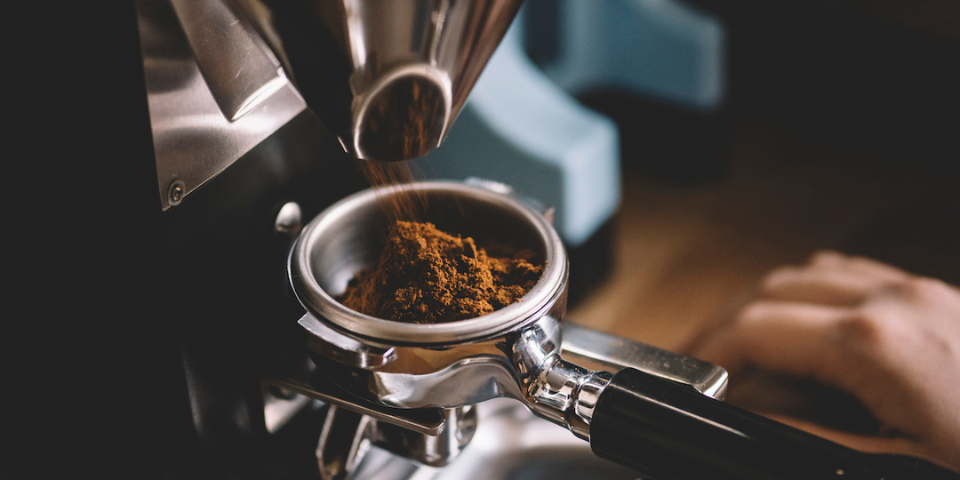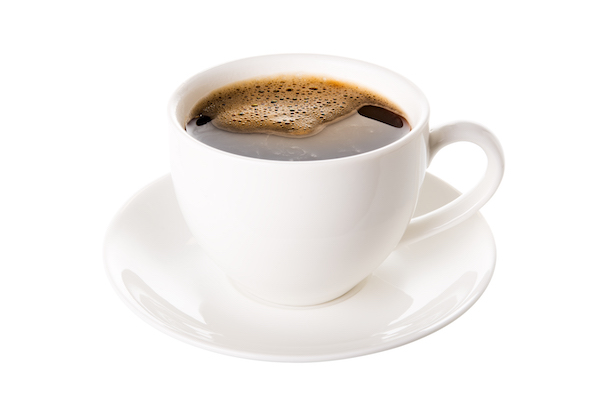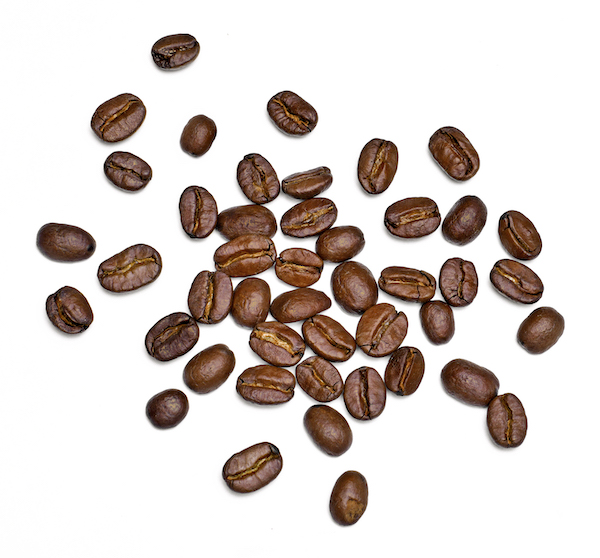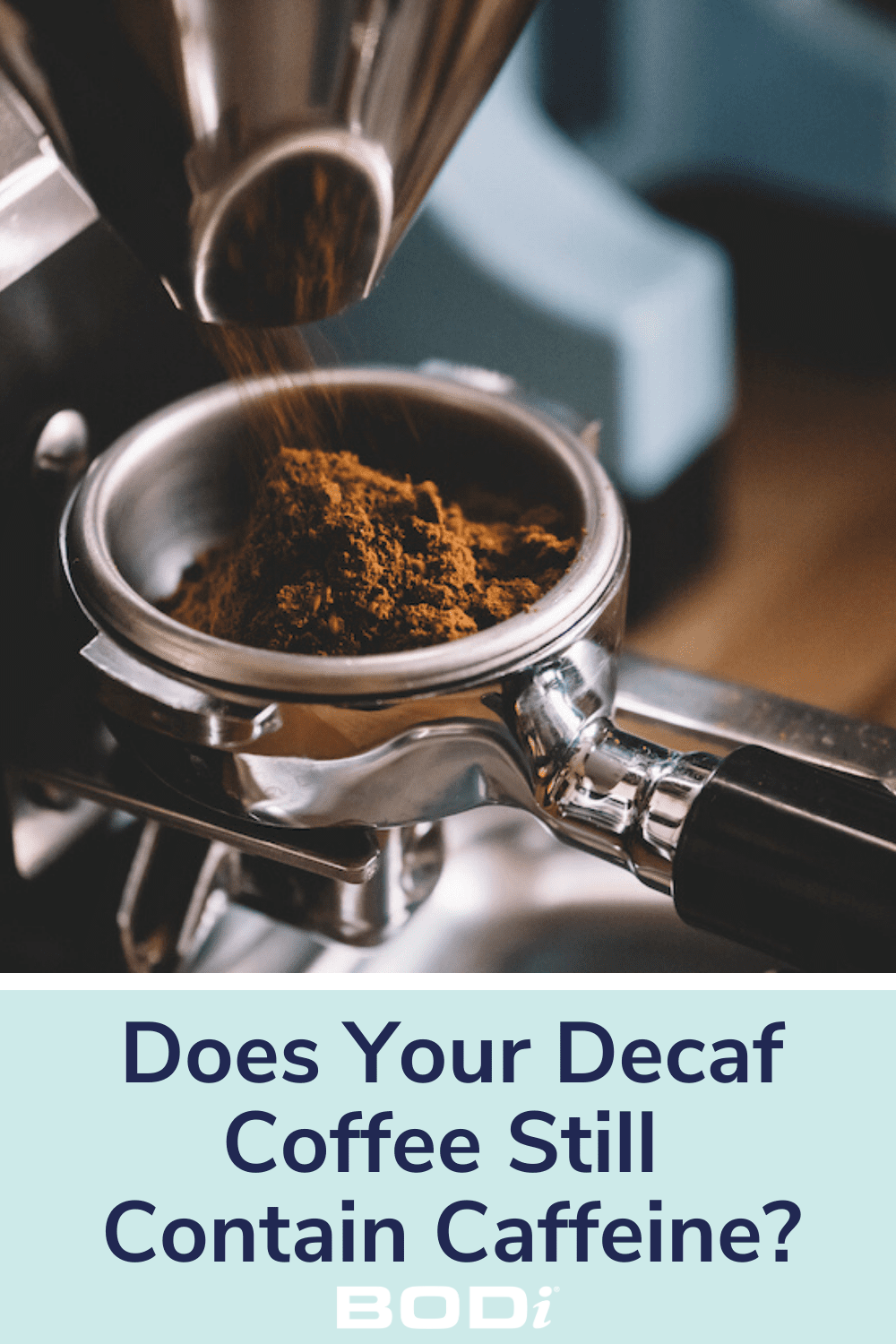More than 2.25 billion cups of coffee are consumed in the world every day, mainly for the benefits that caffeine provides. But what about those looking to sidestep those “benefits?” Does decaf coffee have caffeine?
Most decaf coffee still contains some caffeine, but it’s hard to know exactly how much since decaf coffee looks, tastes, and smells just like caffeinated coffee, and you generally don’t see caffeine levels labeled on your cup.
But for those who are sensitive to caffeine, it can cause discomfort. So here’s how much caffeine could be hiding in your cup of decaf.
Does Decaf Coffee Have Caffeine?
Yes, there is some caffeine in decaf coffee. A study noted that most commercially decaffeinated coffee drinks contain caffeine in varying amounts.
The ten decaf coffee samples tested in the study indicated that caffeine levels ranged from 0 to 13.9 mg per 16-oz. serving cup (compared to the approximate 100 mg in an 8-oz. cup of regular coffee).
In short, the caffeine content of decaf coffee varies by brand, but nearly all decaf coffee still contain some caffeine.
Is Decaffeinated Coffee a Stimulant?
Decaf coffee falls well below the recommended daily limit of caffeine. According to the Mayo Clinic, healthy adults who do not have health issues that would be affected by caffeine can safely consume up to 400mg of caffeine per day.
Since caffeine is a stimulant, decaffeinated coffee may still
- exacerbate symptoms of insomnia
- increase anxiety and headaches
- elevate blood pressure.
For people with health conditions or sensitivities to caffeine, even drinking decaf coffee may have significant implications. Mildly caffeinated beverages like decaf coffee can cause some people to have headaches, become more irritable, experience the “jitters,” or feel nauseated.
Should You Avoid Decaf Coffee if You Want to Avoid Caffeine?
Decaf coffee’s variability of caffeine content varies among brands, so individuals who are highly sensitive to caffeine should avoid it. For example, a cup of a 16-oz cup of decaf Starbucks coffee contains 25mg of caffeine.
If your doctor has recommended that you avoid caffeine, decaf coffee may not be a good solution.
Tea vs Decaf Coffee: Which Has More Caffeine?
Decaf coffee has much less caffeine than the average cup of fully caffeinated tea. Results from several studies on the caffeine content of tea and decaf coffee reveal that an 8-oz cup of tea steeped for five minutes contains between 34 to 51 mg of caffeine, which is significantly higher than an 8-oz cup of decaf coffee.
The caffeine content of your tea increases the longer your tea bag steeps. So if you want to reduce the amount of caffeine in your tea by 10 to 20mg, shorten the amount of time you steep your tea.
It’s worth noting that decaffeinated teas, on average, contain about as much caffeine as decaf coffee (depending on the brand).
Also, herbal teas do not contain any significant level of caffeine — so stick with an herbal tea if you’re looking to cut back on your caffeine intake.



